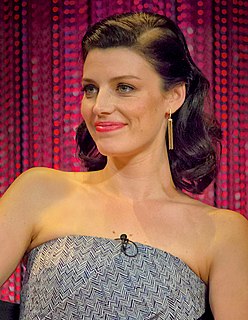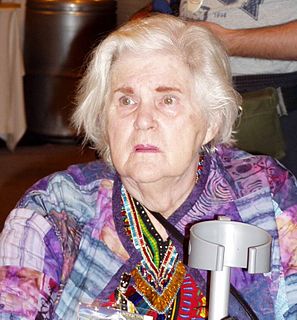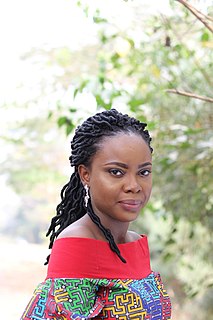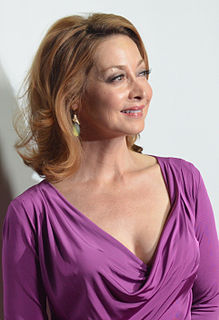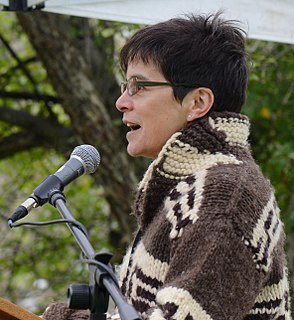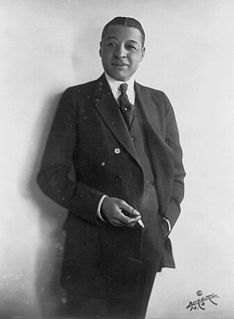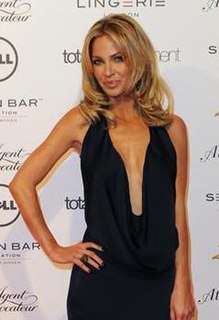A Quote by Mohsin Hamid
I am sometimes asked to name my favourite books. The list changes, depending on my mood, the year, tricks played by memory. I might mention novels by Nabokov and Calvino and Tolkien on one occasion, by Fitzgerald and Baldwin and E.B. White on another. Camus often features, as do Tolstoy, Borges, Morrison and Manto.
Related Quotes
When I use a name or place, I want to leave the reader open to the waterfall of determinacy that it may provoke. And I don't know, but I must mention the name Borges. I try to mention it in every one of my works. It's a mark, a stamp, a sort of homage to Argentinidad. But it's an homage that works through pat phrases, those stock images that populate his work: the night, labyrinths, libraries. That is, I don't want simply to pay homage to Borges, but rather the contrary: to recall his commonplaces.
The Anglo-American tradition is much more linear than the European tradition. If you think about writers like Borges, Calvino, Perec or Marquez, they're not bound in the same sort of way. They don't come out of the classic 19th-century novel, which is where all the problems start. 19th-century novels are fabulous and we should all read them, but we shouldn't write them.
People sometimes ask me if I would not give anything to be white, I answer, in the words of the song, most emphatically, 'No.' How do I know what I might be if I were a white man? I might be a sand-hog, burrowing away and losing my health for $8 a day. I might be a street-car conductor at $12 or $15 a week. There is many a white man less fortunate and less well equipped than I am. In fact, I have never been able to discover that there was anything disgraceful in being a colored man. But I have often found it inconvenient - in America.



